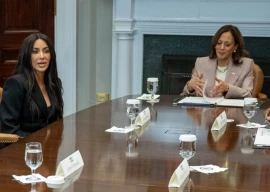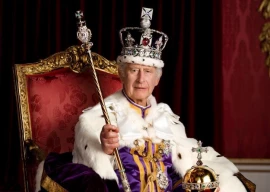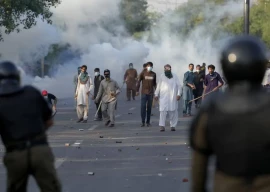
The students were protesting attempts to impose Urdu as the sole national language of Pakistan and were demanding the equal treatment of Bangla. They were shot at by the police during a protest that had been a peaceful one.
The events of February 21, 1952, were part of a broader movement by the people of then East Pakistan (now Bangladesh) to gain recognition for the Bangla language as one of the national languages of Pakistan. Most felt that, as the majority of Pakistan’s population at the time was ethnically Bengali, the language should be given a greater degree of importance.
Muhammad Ali Jinnah, the first governor-general of Pakistan had emphatically backed Urdu as the only national language of Pakistan.
Bengali political representatives demurred to Jinnah’s pronouncements but were never fully comfortable with it and began to press for recognition of Bengali as a national language.
With the appointment of the ethnically Bengali Khawaja Nazimuddin as governor-general after Jinnah, there was some hope that Bengali may find an advocate at the highest levels of government. So when Nazimuddin gave a speech in January 1952 unequivocally defending the “Urdu only” policy towards national language, it was seen as a deep betrayal by many Bengali intellectuals who had hoped for an acceptance of their demands.
A committee was formed on January 31, 1952, to lead protests in support of Bengali as the national language, under the leadership of Maulana Abdul Hamid Bhashani. A demonstration was announced for February 21, a date which would forever be etched in infamy in the history of Pakistan and Bangladesh.
The government sought to suppress the protests by banning all gatherings of more than three people in Dhaka. When the students gathered at Dhaka University anyway, the police opened fire, killing four students and wounding many others. This only served to galvanise the protesters.
While the government of Pakistan eventually recognised Bangla as a national language in 1956, it was too little, too late. The events of February 21, 1952 have been commemorated every year in Bangladesh.
In 1999, UNESCO recognised the day as a celebration of native languages and multilingualism in recognition of the Bengali language movement. It was formally adopted as a United Nations recognised day of celebration in 2008.
Published in The Express Tribune, February 21st, 2011.





























1714024018-0/ModiLara-(1)1714024018-0-270x192.webp)










COMMENTS (11)
Comments are moderated and generally will be posted if they are on-topic and not abusive.
For more information, please see our Comments FAQ